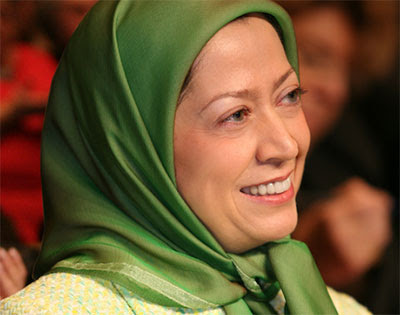 |
| Maryam-Rajavi |
This
week Iran will hold two concurrent “elections,” one for the Majlis (parliament)
and the other for the Assembly of Experts, whose theoretical mandate is to
select the supreme leader. To those who live and vote in democracies, the irony
of these parallel acts is obvious: They take place in a theocratic system whose
bedrock principle is absolute clerical rule (velayat-e faqih).
Democratic
elections, where people are afforded a real choice to pick their leaders, are
non-existent in today’s Iran; the genuine opposition has no voice.
What currently exists is a constricted power struggle through sham elections
whose outcome is shaped not by popular vote but by the regime’s internal
balance of power.
All
candidates in the regime are required by law to exhibit “heart-felt and
practical allegiance” to absolute clerical rule as a prerequisite for their
candidacy. Even then, the faithful will have their qualification determined by
the Guardian Council whose six clerics are installed by the supreme leader
while the remaining six jurists are appointed by the head of the judiciary who
himself is selected by the supreme leader.
The regime’s
supreme leader Ali Khamenei has also formed a special committee consisting of
his own chief of staff, the commander of the Islamic Revolutionary Guard Corps
(IRGC), the IRGC commander of Tehran and the secretary of the Guardian Council.
This committee’s supreme power trumps that of the Guardian Council. Its mission
is to purge, or at least dramatically undermine the rival faction from the
elections, thus safeguarding Khamenei’s power.
No comments:
Post a Comment